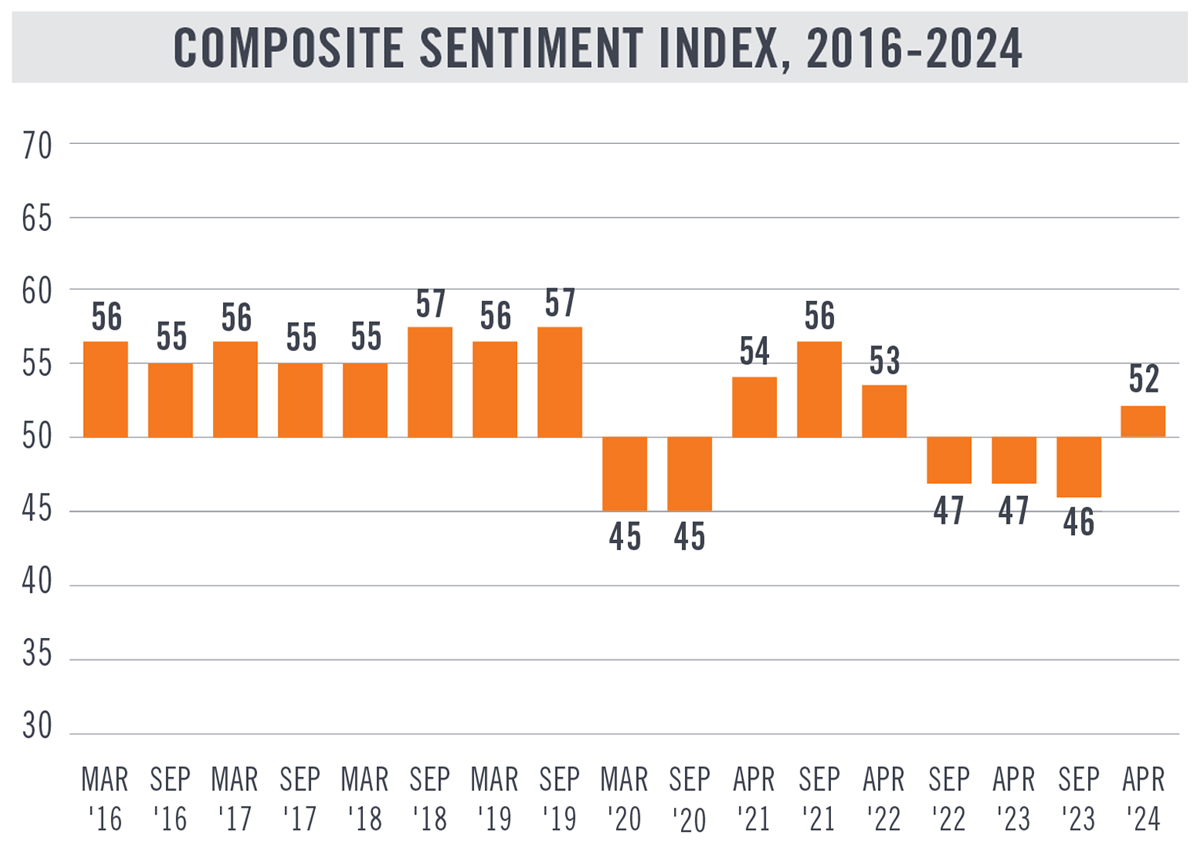Economy Watch: No Rush to Build More Houses
U.S. housing starts posted a gain in September, but only a modest one,pointing to a still-modest rate of recovery for the overall economy.According to the U.S. Department of Commerce, the rate of new homestarted inched upward by 0.5 percent during the month to a seasonally adjustedrate of about 590,000 units. Ever-optimistic economists, it seems, wereexpecting more.
By: Dees Stribling, Contributing Editor
U.S. housing starts posted a gain in September, but only a modest one, pointing to a still-modest rate of recovery for the overall economy. According to the U.S. Department of Commerce, the rate of new home started inched upward by 0.5 percent during the month to a seasonally adjusted rate of about 590,000 units. Ever-optimistic economists, it seems, were expecting more.
But maybe the builders knew it was coming. After all, they were reportedly a bit glummer in September than in August, with the National Association of Home Builders reporting last week that its confidence index in new-home sales dropped from 19 to 18. That probably meant homebuilders were biting their nails over the prospect of the expiration of the $8,000 first-timer tax credit.
There’s no word yet from the Obama administration as to whether it will support the extension of the credit. U.S. Housing Secretary Shaun Donovan told the Senate Banking Committee on Tuesday that the administration was trying figure out the cost of the credit more precisely before committing one way or the other on its extension.
Euro-Investment in CRE Accelerates
Investment in commercial real estate might be in the mother of all doldrums in the United States, but such activity spiked upward in the third quarter of this year in Europe. According to a report by Cushman & Wakefield, investment in Euro-property spiked 53 percent in 3Q09, up from €12.8 billion in the second quarter to €19.6 billion.
Those are better totals than previously this year, but still anemic when compared to the overwrought year 2007. During the first three quarters of 2009, there’s been €44 billion in investment in European commercial property. During the same three quarters of 2007, investors snapped up some €203 worth of Euro-properties.
The Cushman & Wakefield report, out on Tuesday, provided data to support recent anecdotal evidence of an acceleration in European property sales, such as Monday’s news that British Land Co. bought 39 Victoria St. in London’s West End for £40 million ($66 million), the company’s first investment since worldwide financial crisis started. The building has an anchor in the form of Bank of America, which is leasing its space until 2012.
One Optimistic Retail Report for the Holidays
On Tuesday, retail research company ShopperTrak predicted–contrary to most other forecasts–that U.S. retailers would actually see a small increase of 1.6 percent in sales for the holiday shopping season, which begins soon, compared with a year ago. Most everyone else sees a slight loss ahead, or a flat season at best.
In any case, the 2009 holiday season has the advantage of being compared with 2008, when consumers were feeling the panic instead of its tedious aftermath, which made them grip their wallets and purses very tightly. “Our data shows retail traffic has been slowly increasing, which indicates consumer sentiment could be rising heading into the season,” Bill Martin, co-founder of ShopperTrak, said in a statement.
Separately, the National Retail Federation’s 2009 Holiday Consumer Intentions and Actions Survey, conducted recently by BIGresearch, noted that fully 70 percent of surveyed consumers plan to spend time at discount stores when it comes to Christmas shopping. Shoppers plan to spend less on most categories of holiday goods this year than last, except for candy and food.
Wall Street saw a lackluster day on Tuesday, with the Dow Jones Industrial Average losing 50.71 points; at a little more than 10,000, that’s a loss of 0.5 percent. The S&P 500 was down 0.62 percent and the Nasdaq dropped 0.59 percent.






